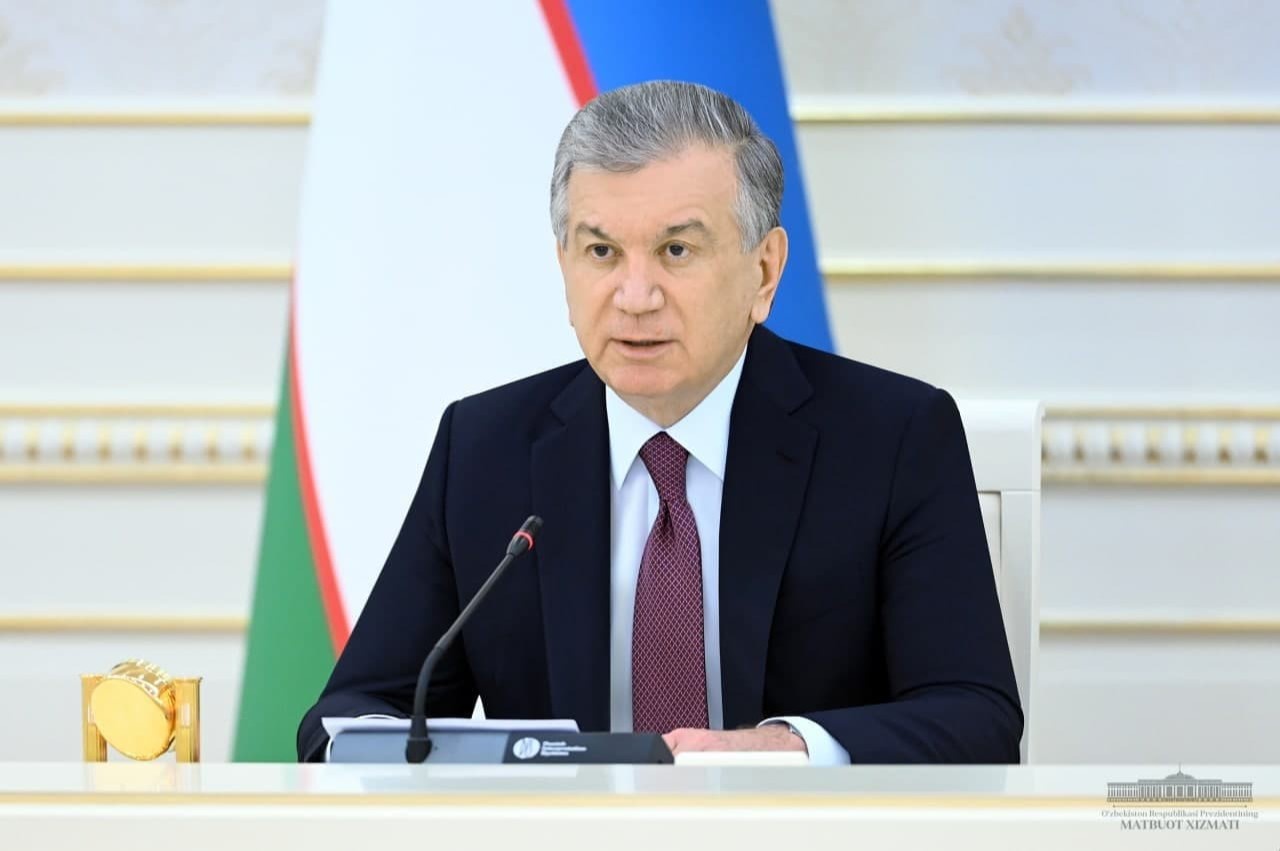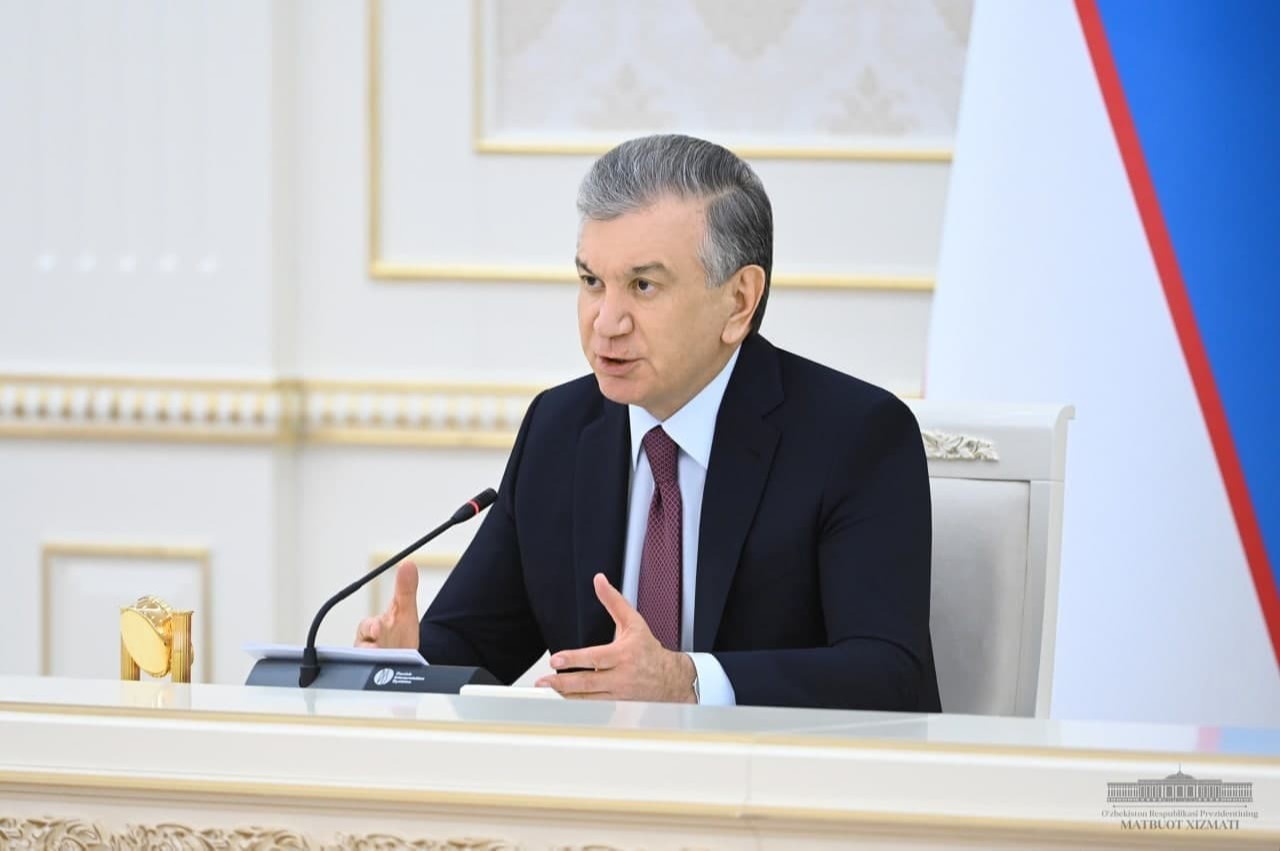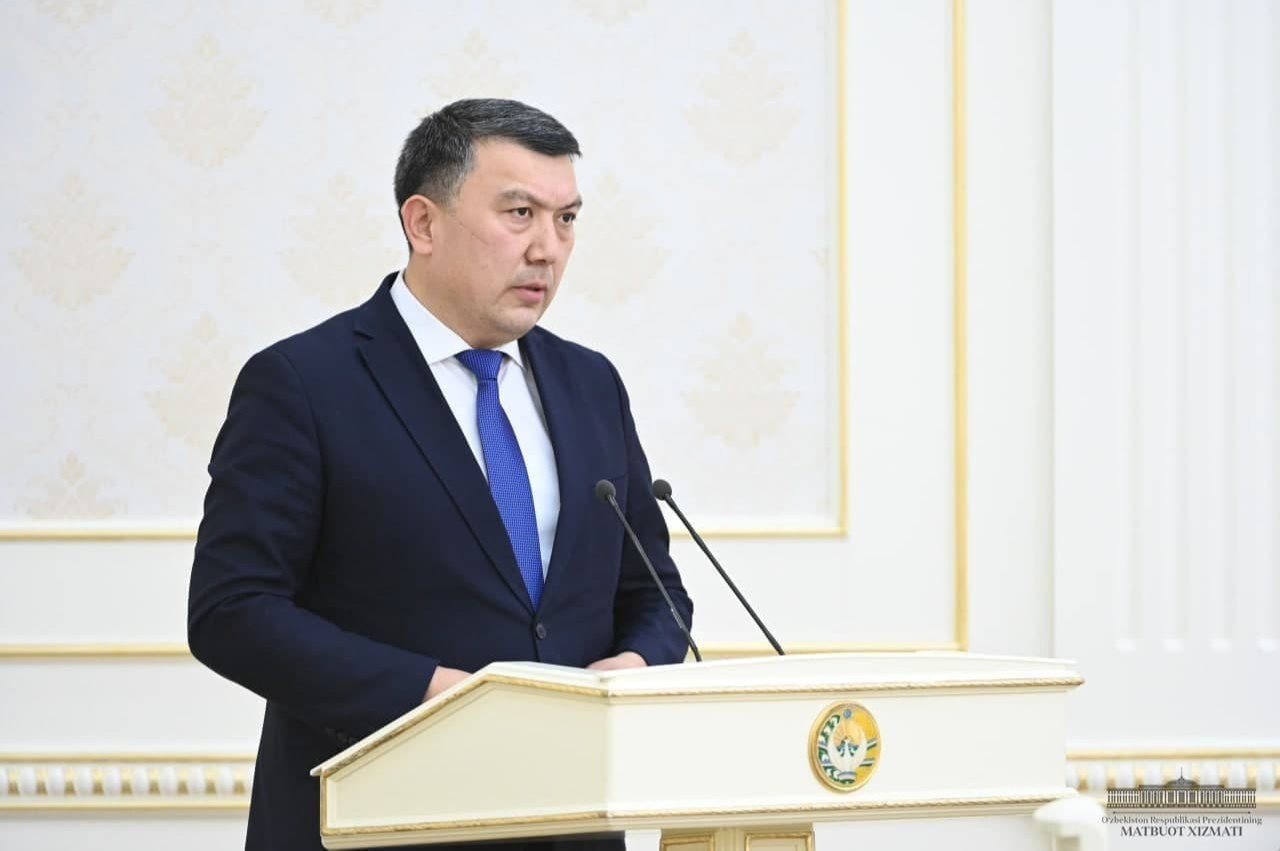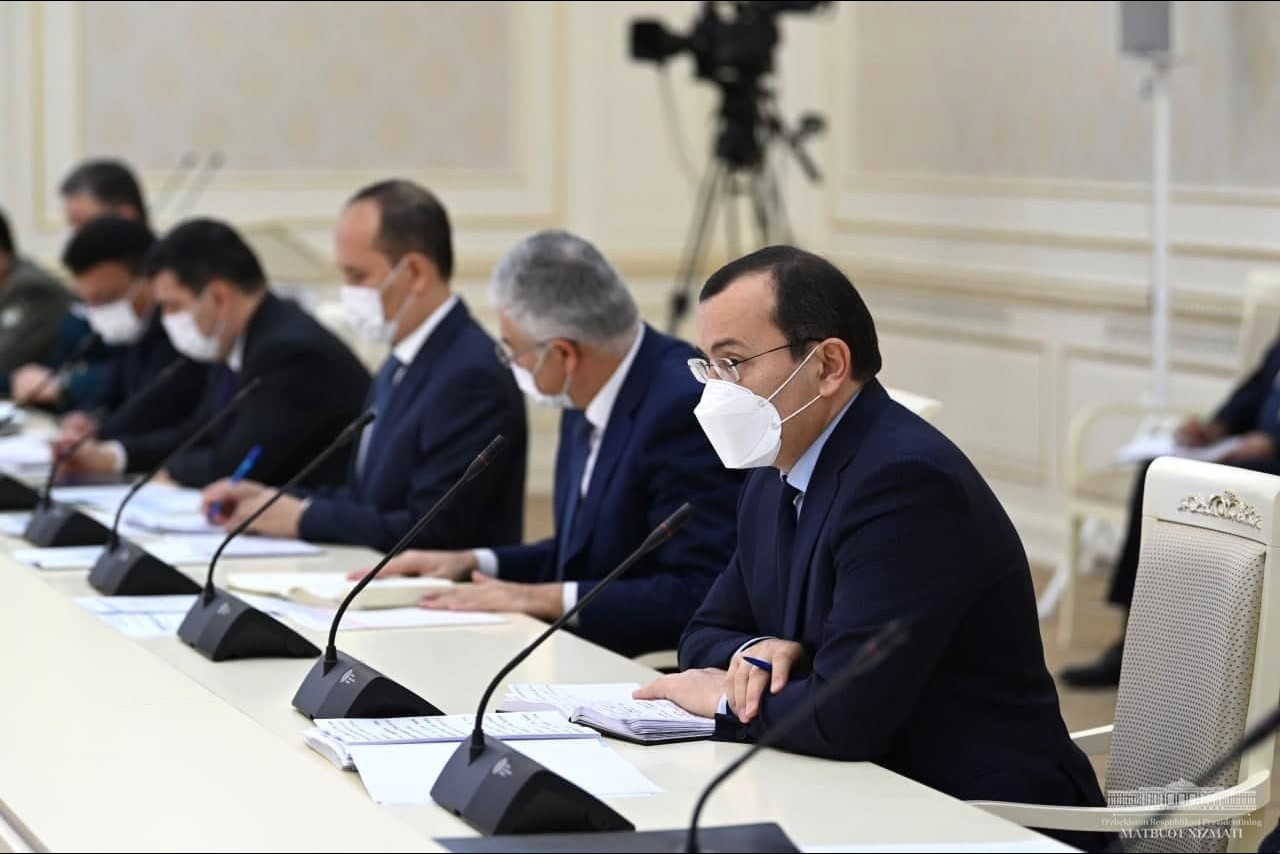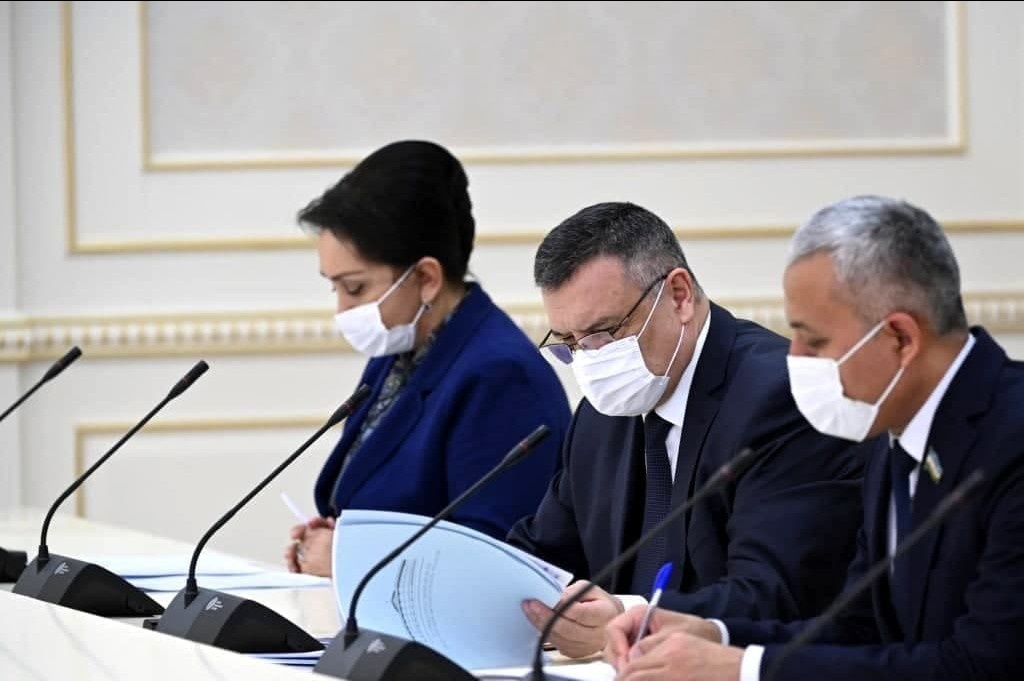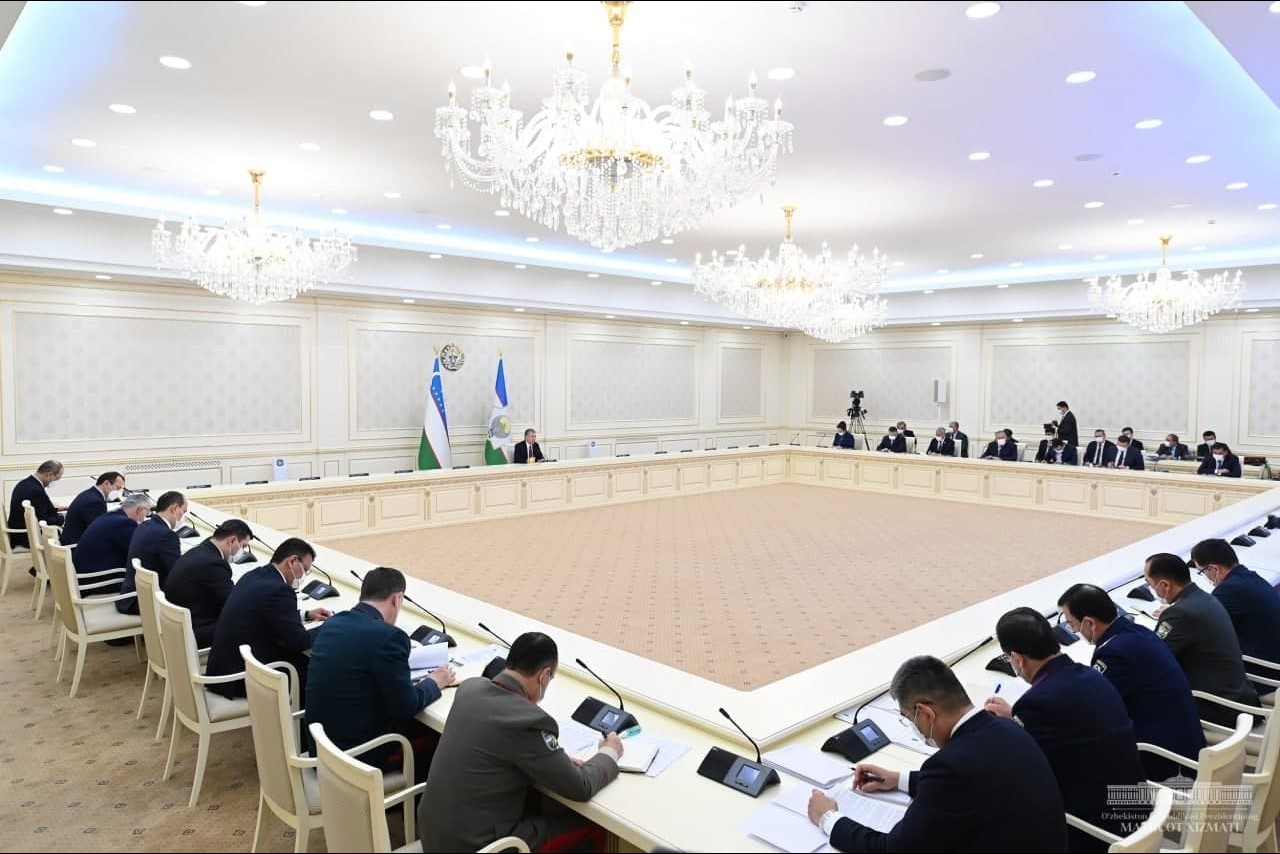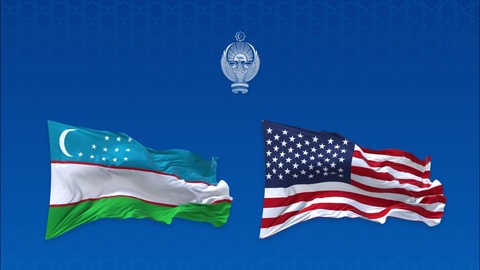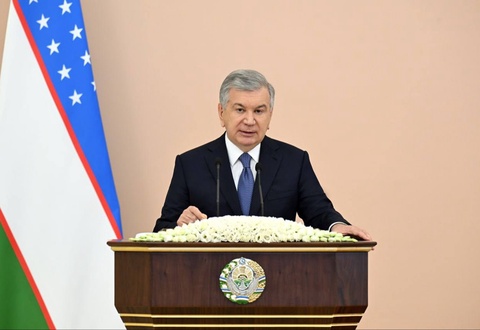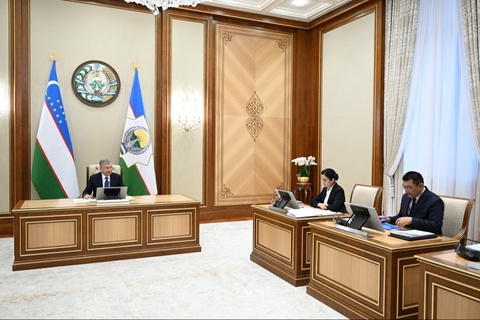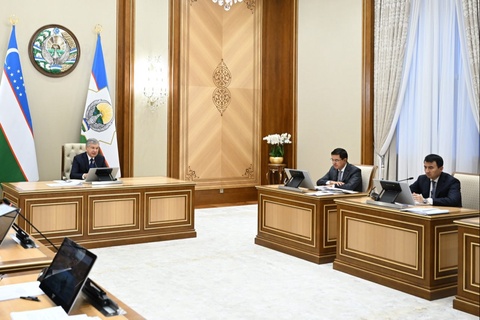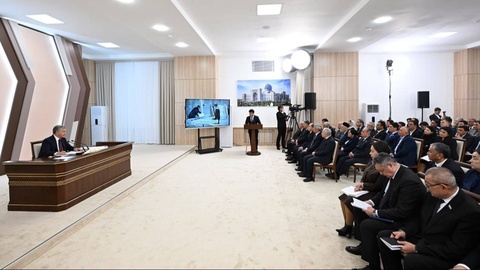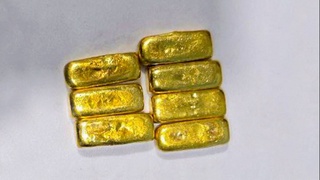The Head of the state addressed the public:
– Our parents taught us to keep the yard and the environment clean from a young age. Since ancient times, our people have treated the soil, water, and nature with care. It is not without reason that there is a proverb “For each tree cut, plant ten”. The person who planted a tree was considered blessed. When a child was born in a family, a tree was planted in his honor.
In the 21st century, when the industry is rapidly developing in the world, the environmental agenda comes to the fore. We must leave a healthy environment for posterity. To do this, we need to carefully treat nature, act, thinking not only about today, but also about the near and distant future.
The most important issue is to increase the ecological culture of the population. Look at the streets today and any other place. You will see discarded waste everywhere. Our sacred country, we say. Why don’t we keep it clean then? After all, our holy books say: “Cleanliness is half of faith”.
Why the media, mahalla activists are not concerned? Representatives of the older generation, our public?
Of course, this problem cannot be solved only by administrative methods. It is necessary to educate the young generation to love nature. We should create such an environment when someone who has thrown garbage on the street is pointed out to the wrongness of his act. This is our common cause and human duty, – Shavkat Mirziyoyev said.
Current issues of the sphere were discussed at the meeting.
According to the analysis, the amount of municipal solid waste per capita is growing by 1 percent per year in almost all countries. Due to socio-economic growth in Uzbekistan, the accumulation of waste is growing by 2 percent per year, the annual volume has reached 7 million tons.
However, the state of affairs in the system of their collection, sorting, processing and disposal is unsatisfactory. For example, only 10 percent of waste is recycled in Karakalpakstan, while only 20 percent is recycled in Fergana and Kashkadarya regions. In 781 mahallas, the issue of waste disposal has not yet been resolved. The population has large receivables for waste collection services. Medical, educational institutions and markets need 19,000 waste containers.
There are no landfills for construction waste, it is dumped along roads, on the side of fields, or into rivers. Last year, 4,000 cases of construction waste dumping in unauthorized places were identified.
There is no clear system for collecting leaves and tree branches in neighborhoods, arrays and alleys, a unified system for the storage, transportation and disposal of medical waste.
None of the 197 landfills across the country meet sanitary and environmental requirements, and 24 landfills are full. The State Committee for Ecology and Environmental Protection, hokims of the regions were instructed to streamline the landfills and eliminate those that have exhausted their resources. The importance of developing a draft law establishing the procedure for organizing and closing such landfills was noted.
The possibility of increasing the coverage of services for the collection of household waste up to 95 percent and the volume of their processing up to 40 percent was indicated. For this, equipment, components and spare parts imported from abroad will be exempted from customs payments for 3 years. For the purchase of sorting and processing equipment, preferential loans for up to 5 years will be allocated to cover a part of the loans that exceed the refinancing rate. For these purposes, within 5 years, it is planned to allocate 500 billion UZS in stages at the expense of concessional funds from international financial institutions.
The need was noted for supporting entrepreneurs operating in the sphere. Land, property and social tax rates for clusters with processing facilities will be set at 1 percent. In return, the clusters were given a condition to increase the level of recycling in their area by at least 40 percent.
Instructions were given to create such enterprises in districts and cities based on public-private partnerships, purchase 500 units of special equipment for the regions, and install additional containers in social institutions and markets.
In addition, Tashkent’s Makhsustrans enterprise will be transformed based on a public-private partnership. A new system of collecting payments for the collection of household waste will be introduced using foreign experience.
The need was noted for creating a safe system for the disposal of organic, construction and medical waste.
As is known, in November 2021, the nationwide project “Yashil Makon” (Green Space) was launched, within which it is planned to plant 200 million seedlings. Accordingly, 85 million seedlings were planted in autumn. Many organizations, mahallas, the general public took an active part in this campaign. This spring it is planned to plant 125 million tree seedlings.
“The nationwide project “Yashil Makon” is an event that will not be limited to one year. We aim to plant 1 billion seedlings over the next five years. The result of this work must be seen in every region. This good deed should be done in good faith”, the Head of the state said.
At the meeting, the start of the national event “Green Year” was announced on March 1. The importance of selecting seedlings suitable for the climate of each region, undemanding to water, increasing the number of nurseries for their harvesting was noted. The State Forestry Committee was instructed to distribute 10 million seedlings of fruit and ornamental trees to the population free of charge, the Committee for Roads – to organize protective plantings along roads of international and national significance.
Responsible agencies were instructed to organize the work of mobile environmental patrols covering all districts and cities.
Officials of the sphere and hokims of the regions delivered speeches.


